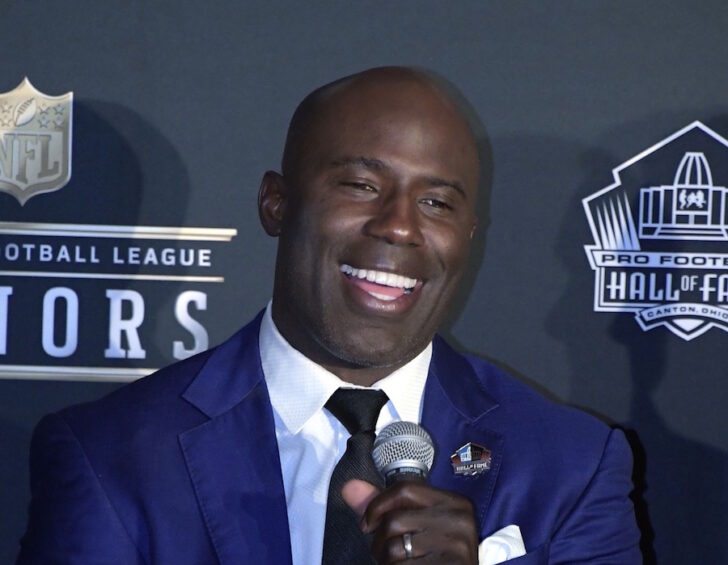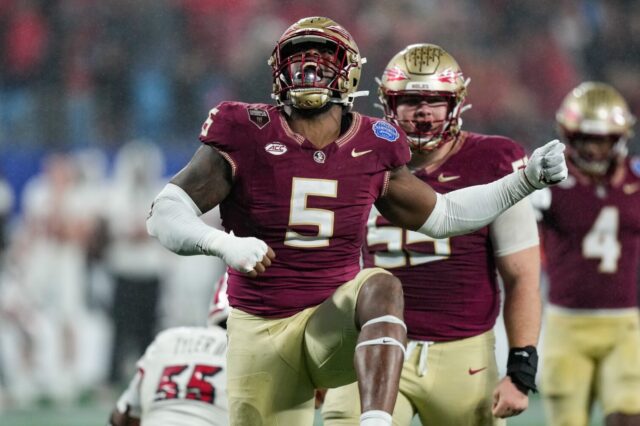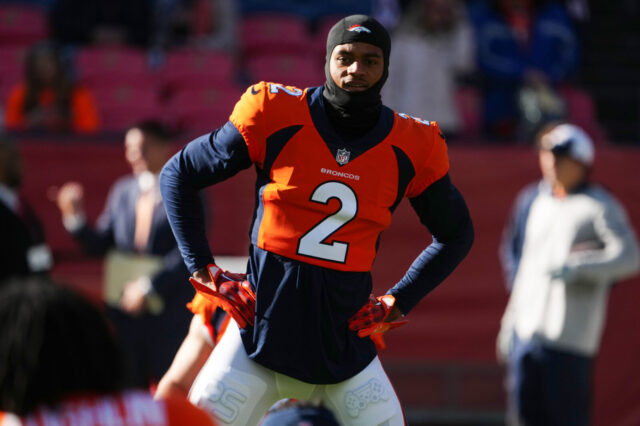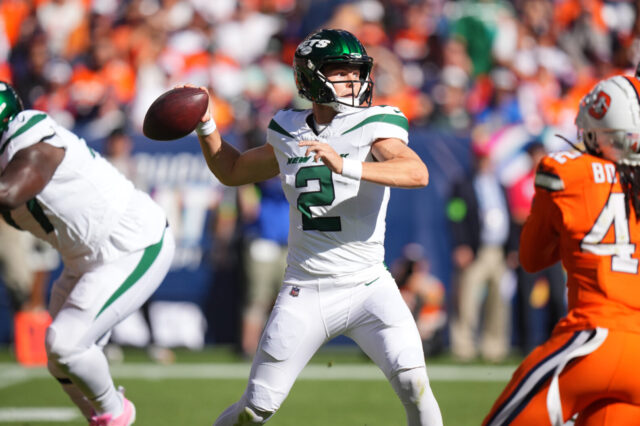The Denver Broncos have had their share of fine running backs come though the organization but there was no one like Terrell Davis. Enough has already been said about the rise in going from sixth-round draft pick to the possibly the greatest running back to have ever put on orange and blue. But with all great stories, there has to be some drama mixed in with accomplishments. For Davis, those bumps in the road would arise after a serious knee injury cost him the 1999 season and the complications thereafter along with the ardent opposition to his body of work not being enough to see him join the names like Simpson and Dickerson in the Hall of Fame.
Players have come back from ACL injuries before and the prevailing thought was that Davis would come back for the 2000 season fully healthy, in spite of being diagnosed with a degenerative arthritis in the same knee. Even with another former University of Georgia running back emerging in second-year player, Olandis Gary, it seemed implausible that the former NFL MVP wouldn’t return to be a main cog in the Broncos getting back to the playoffs after a disappointing 6-10 season a year earlier. It may have been a severe knee injury, but Davis was just entering the prime of his career and is was hard to imagine that he wouldn’t return back to action and be at or close to the same player he was before the injury.
However, Davis would only play in 17 more games over the course of two injury-plagued seasons. Despite Davis’ numerous claims that he was close to rebounding to his pre-injury form, it was heartbreaking when it never materialized. It was hard to watch a post-injury Davis fail to break through would-be-defenders’ arm tackles or find a cut back lane when it seemed like the defense had strung out the play perfectly. While the heart and mind may have been willing, the body didn’t always comply.
Numerous surgeries and setbacks had finally taken too much of a toll on Davis’ body. After the 2001 season that saw Davis rush for a team-leading 701 yards but fail to find anything close to resembling his old form, the running back abruptly announced his retirement. In wanting to come out on the field and run through the tunnel one more time, Davis got to say good-bye in front of the Denver faithful after a preseason matchup with the San Francisco 49’ers. The next day, he was put on season ending injured-reserve, and his time in the Denver backfield was over.
After his retirement loomed the inevitable questions if Davis was worthy of the highest honor for any professional football player, a spot in the Pro Football Hall of Fame. For the past few years, Davis has bucked up against the “longevity versus production” debate with some questioning that the former running back hadn’t spent enough time at the top of his game in order to join other past greats already in the Ha
It wasn’t until this year where the Hall of Fame Committee finally did the right thing and saw that Davis’ dominant four-year stretch merited his induction. Davis’ selection finally ends those questions about the length of his career and, like Gale Sayers, indicates that from the 1995 to 1998 seasons, Davis was the best running back in football and deserving of enshrinement.
The word legend gets handed out too liberally nowadays. When someone thinks of a legend, it shouldn’t be of just being a “really good” player; it should be referencing someone with near superhuman capabilities. The Broncos have had good running backs like Clinton Portis or Mike Anderson have their moments of glory, but they weren’t legendary in comparison to what Davis did as a player and what impact he had on the franchise.
Following four humiliating Super Bowl defeats, it was legendary to see Davis, migraine and all, putting the Broncos on his back and carrying them to a championship in Super Bowl XXXII. It was legendary to see him in the 1998 season, finding daylight at the end of a run against the Seattle Seahawks that put the exclamation point on a 2,000-yard season. Legendary is indeed the proper word for Terrell Davis and his long overdue induction into the Hall of Fame.



